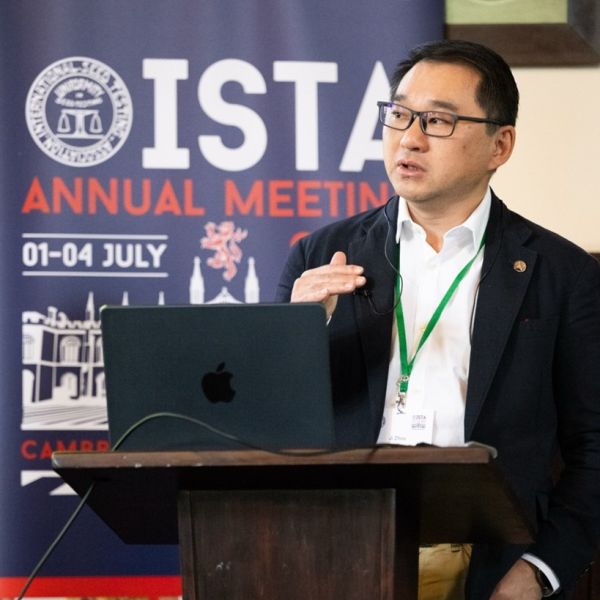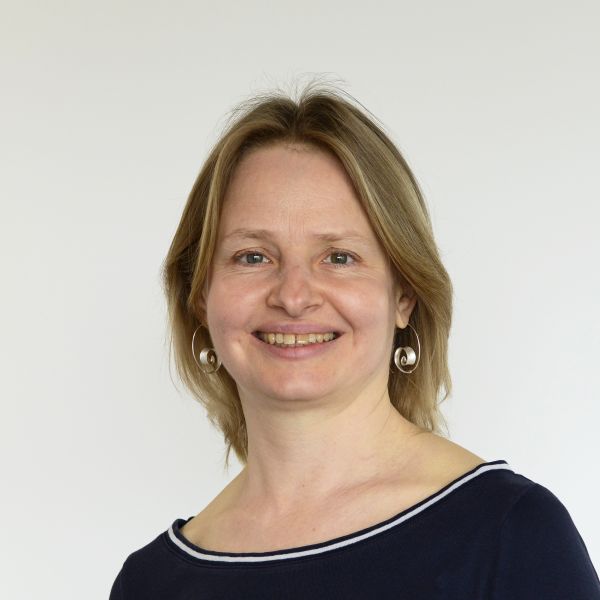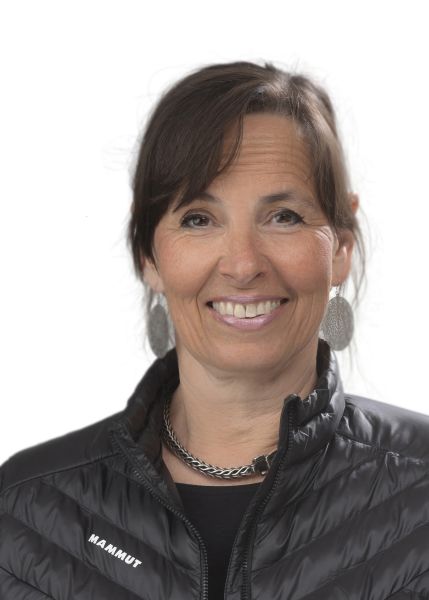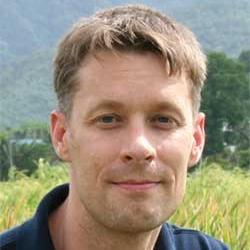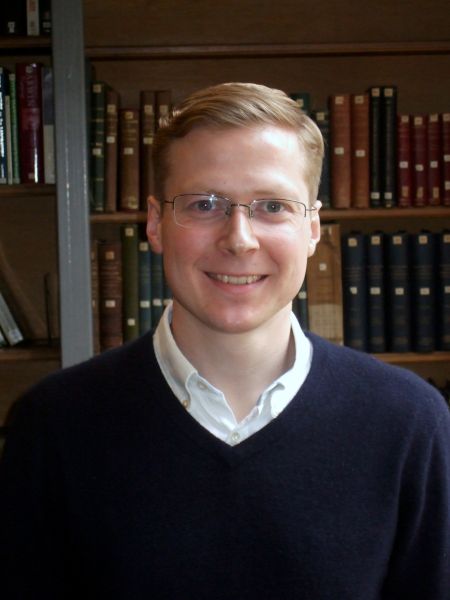Environmental plant physiology
Global food demand is expected to increase substantially over the coming decades, whereas productivity increases of the most important food crops through conventional breeding are slowing down. Global climate change is putting additional pressures on food production. Rain-fed crop yields are increasingly sensitive to water availability and atmospheric vapour pressure deficit, and irrigated crops are depleting global groundwater supplies at an alarming rate. All of this means that new crop improvement and crop husbandry strategies are needed urgently to improve crop productivity and water use efficiency. Since photosynthesis appears to be a major underutilized route to improve crop productivity, I’m studying the physiology of photosynthesis and its interactions with environmental drivers such as light, water, temperature and CO2 with the ultimate aim to improve crop productivity and water use efficiency.
Research areas
Dynamic limitations to C3 and C4 photosynthesis
Photosynthesis has traditionally been studied under steady state conditions. Although this facilitates ease of analysis, natural environments are anything but constant. To address this discrepancy, we are trying to define the limitations to C3 and C4 photosynthesis under dynamic conditions.
Coordination between CO2 uptake and water loss
All terrestrial plants suffer from the same contraption where in order to take up carbon, water must be lost to the atmosphere. We are targeting several major gaps in our understanding of how plants achieve an effective balance between water loss and carbon gain, ranging from the regulation of stomatal opening in response to light to the ‘apparent’ coordination between transfer of leaf water and CO2 in the leaf lamina.
About the group leader
Johannes obtained his BSc and MSc in Plant Sciences at Wageningen University (NL). In 2007 he was awarded the Alexander James Keith PhD studentship to work with Proffessor Howard Griffiths at the University of Cambridge (UK), where he studied the effects of light limitation on the efficiency of the carbon concentrating mechanism in C4 photosynthesis. After finishing his PhD, he worked as a research scientist in Wageningen (NL) and at the Carl R. Woese Institute for Genomic Biology (University of Illinois, USA) before returning to Cambridge. He was the 2020 SEB President’s medal recipient (plant section) and currently holds a UKRI-Future Leaders Fellowship. His research group employs a range of techniques from ecophysiology, mathematical modelling, biotechnology and genetic engineering to study plant physiology at the nexus of basic understanding of plant function and applications to improve sustainability and food security.

